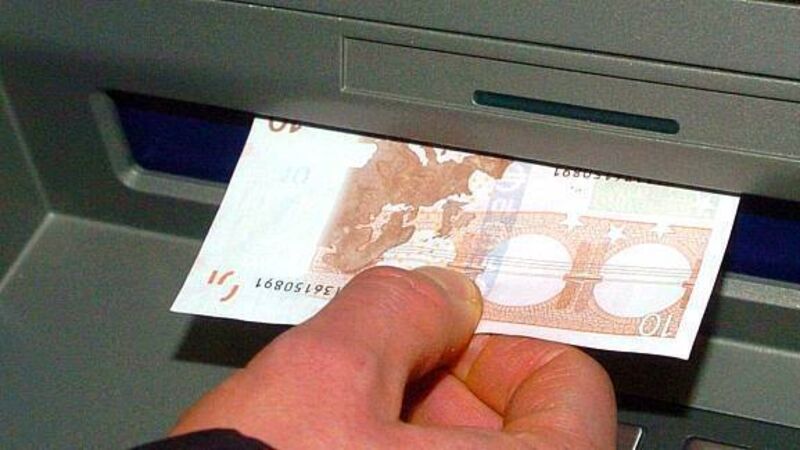Bank levy set to raise €150m

The levy will apply to all banks offering retail services in Ireland. A banking source who did not want to be named said, “we will accept the levy, but that does not mean we are comfortable with it. We do not see the rationale for this at a time when banks are struggling to return to profitability. But we recognise that every sector in society face difficult challenges”.
The banks that will be affected include AIB, Bank of Ireland, PTSB, Ulster Bank, Danske Bank, Rabobank/ACC, KBC. It is unclear whether Nationwide UK will be subject to the levy.













